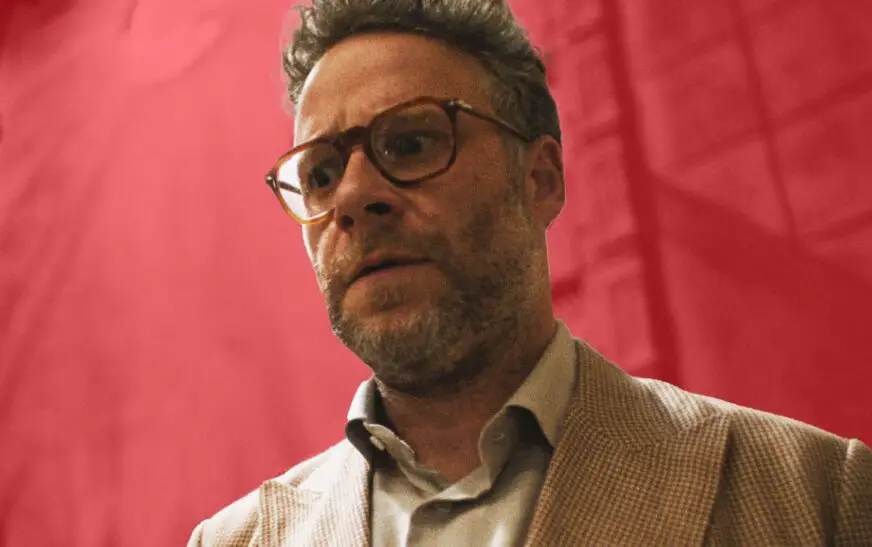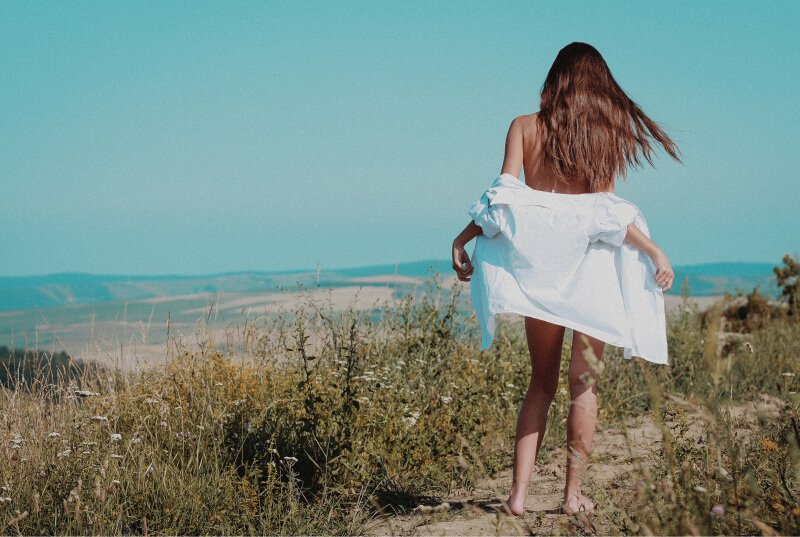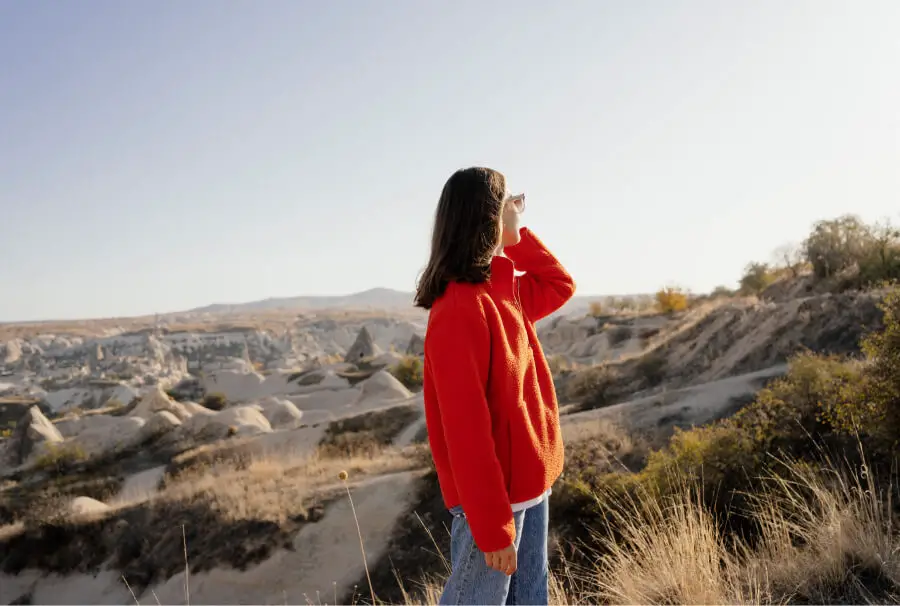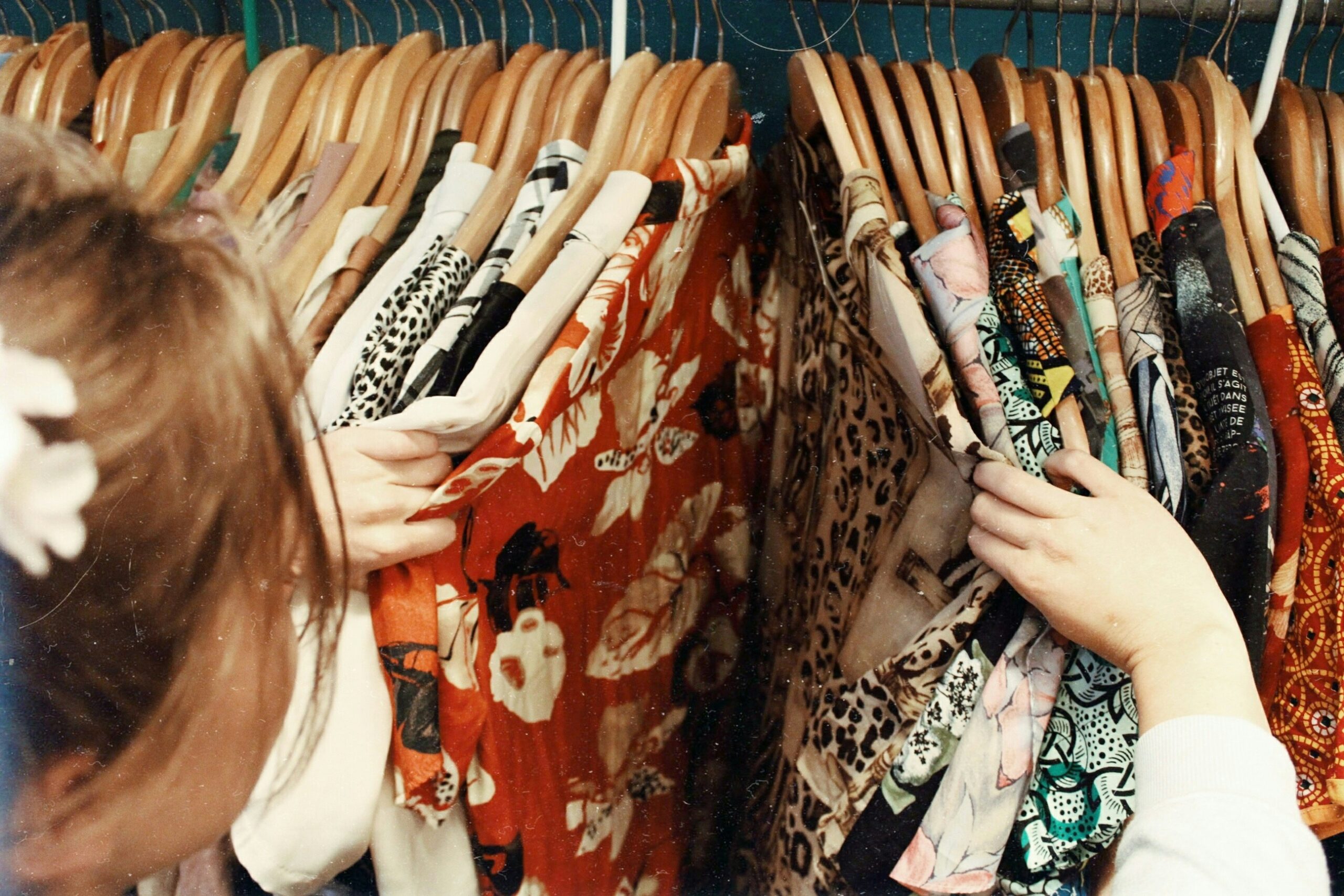A funny thing happened when we pitched this show: we pitched it on a Friday, and on Monday, the guy we pitched to was gone. I feel bad for the guy, but it reaffirmed the stakes that the people in this part of the industry live with. That to me is something that I’ve for a long time recognized as funny. Sympathetic is not necessarily the word. To me, comedic is the word that I gravitate towards, and the two are connected: in order for something to be comedic, I think there has to be some level of sympathy for the character. They grew up loving these directors and then they have to give them a note that they’re gonna get yelled at for. That’s funny.
Your character has to do exactly that to Ron Howard at one point, and he has to do something even worse to Martin Scorsese. What was he like as a cameo actor?
He was completely game. He had such a great attitude and was so enthusiastic. We were all very nervous—I literally shook his hand one time backstage at CinemaCon a few years ago, that was the only time I ever met him. And we didn’t have one conversation—we sent him the script, we heard he loved it, and he was gonna be there 9 a.m. on Thursday morning.
He showed up, and he just had such a great attitude and such a great energy. He really seemed to think the scenes were funny and good, and he got the joke and got the tone and got the style instantly. I was worried he’d think how we were shooting the show was weird, that we only had one camera, and I know he works with a lot of cameras, so we actually hired a whole second camera to hide it in another hotel room, in case we chickened out and wanted to bring in another one because he was being critical of the process, but he wasn’t. I feel like he gave me this unbelievable gift that I didn’t necessarily deserve from him in any way, shape or form, but I’m very thrilled to have gotten it from him.
The one-camera style is interesting. It makes everything really dynamic, which works so well for that frenetic feel the show has. Why did that style feel right for this show?
We really wanted the show to feel immersive. It was important to us that it felt like you were there. The show’s about stress, and being kind of panicked, so we thought an unrelenting camera style — where you’re never cutting, you’re never kind of getting a break, never falling into a particular cutting pattern — really was something that energetically and totally served the writing.
The main thing I kept wondering while I was watch this show was how much do you like this industry? How affectionate do you feel towards the industry of Hollywood?
I recognize that I have a very unique version of this industry. So, while I’m very appreciative and I feel incredibly fortunate for my version of the industry, I know so many people who see only the unfair side, and only the broken side, and only the side of the industry that doesn’t appreciate quality and only appreciates big names and safe bets, and only the side of the industry that won’t take chances on newer things but only wants to mitigate their risk.
So I’d say I have a very conflicted relationship with the industry, where at once I recognize that it’s afforded me great things, and as frustrating as my job is at times, I have the A-plus-plus version of this experience. And I see other people who have the F-minus version, who are just as talented as anyone having the A-plus-plus experience. It is inherently an industry without justice. You could be the most talented person there is and, and never make it. So I see both sides of it.
At least they let you to make this great TV show.
Exactly. I can’t complain too much.








